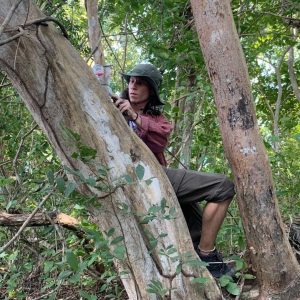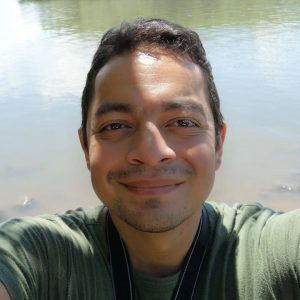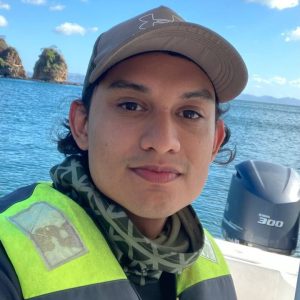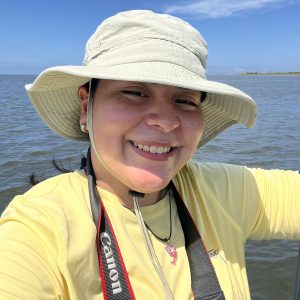Conservation
Panacetacea believes that for conservation efforts to be successful we need local heroes with skills in science communication, research, and education.
Panacetacea supports these efforts through its Panacetacea Research Grant Program, by actively participating in national and international meetings and forums, and by facilitating access to information and advising governmental agencies.
Panacetacea Small Grants Program
Beca Panacetacea 2023

Ian Portuguez (Costa Rica)

Cesar Castro (Costa Rica):

Gabriela Hernandez (Costa Rica)

Saul Rodriguez Salgado (Nicaragua)

Milagros Gonzalez (Panama)
Beca Panacetacea 2022
Wendy Mendoza (El Salvador)
Melvin Castaneda (El Salvador)
Milagros Gonzalez (Panamá)
Ester Quintana Rizzo (Guatemala)
Ana Lucía Escobar (Guatemala)
José David Palacios (Costa Rica)
Panacetacea's Small Grants program will support Central American students and researchers studying marine mammals in Central America.
The goal of this program is to support research, outreach, education, and professional development. Applicants can use grant money for the following: purchase of equipment, educational expenses including tuition, survey related expenses, travel to study sites, travel and lodging to international or regional conferences, stipends for interns and field assistants, and for the development of technical workshops and training on standards of conduct for whale watching activities.
Eligibility: Applicants must be nationals of and conducting research in at least one of the following countries: Guatemala, Belize, El Salvador, Honduras, Nicaragua, Costa Rica, and Panama. Applicants must be affiliated with an educational institution or a non-governmental institution conducting research, education, or conservation. Previous recipients of a grant are eligible for the 2023 grant. If you are a previous recipient, please provide an update on your project.
Grant Size: Maximum amount for travel to conferences is $700, maximum amount for all other purposes is $1500.
Announcing the 2025 Small Grant Program! Please submit your applications by May 1, 2025. Please fill out this form.
National and International presence
Our team members and collaborators form part of regional efforts to ensure the protection of key habitats for marine mammals. Our most recent collaboration is in the Identification of Important Marine Areas (IMMAs) in the South East Tropical and Temperate Pacific Ocean Region. This is an initiative organized by the Marine Mammal Protected Areas Task Force and funded by the GOBO-IKI initiative, the Government of Germany, MARVIVA, and the Tethys Research Institute.
Contributing to science-based management decisions
Panacetace recently signed a collaborative agreement with the Ministry of the Environment in Panama. This collaboration allows our organization to deploy underwater autonomous acoustic recorders to monitor cetaceans and their environment across the country, helping the government to learn about the marine resources of the country and to develop adequate management strategies. In addition, several members of our team are scientific advisors to the government and represent Panama in national and international meetings.
